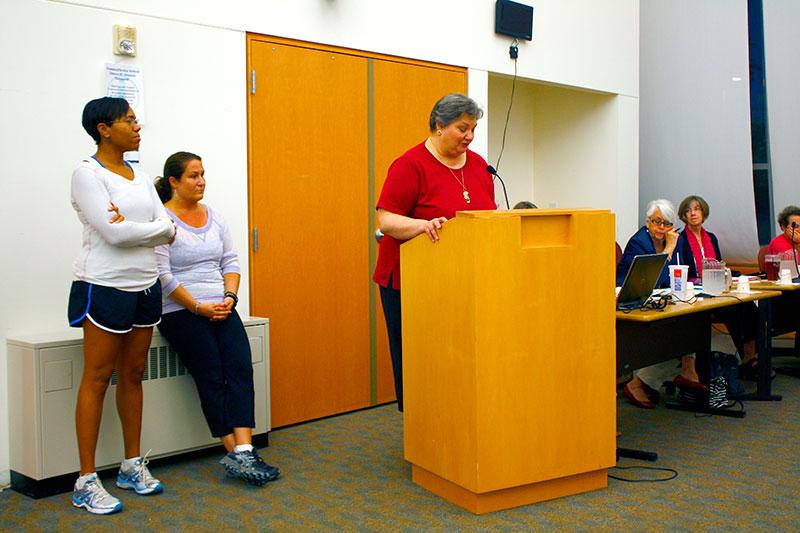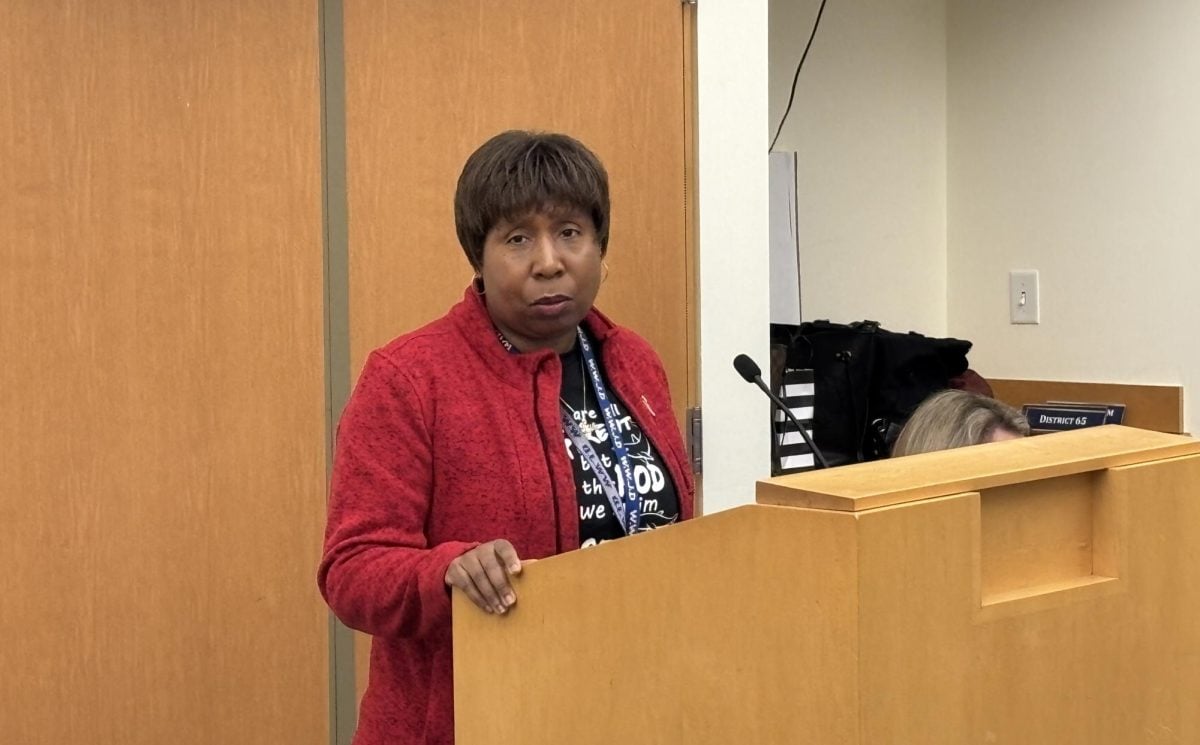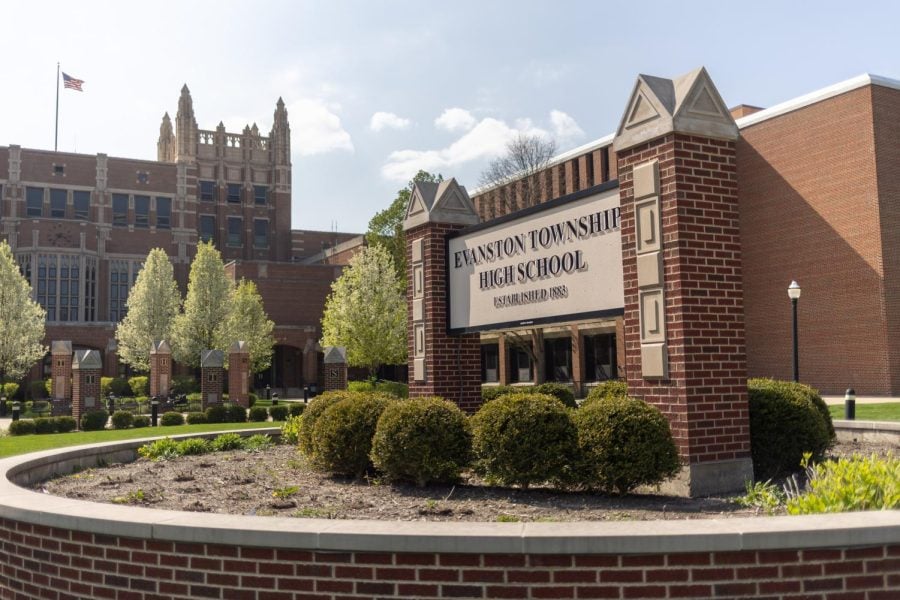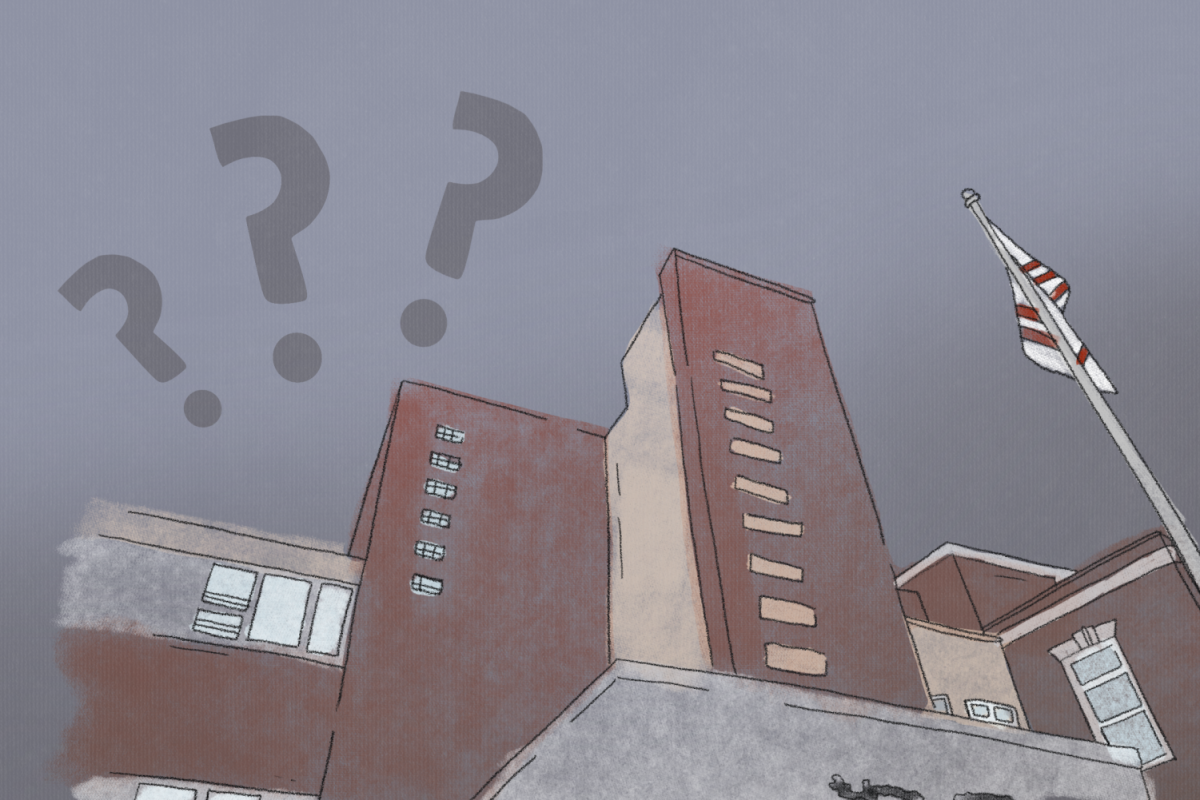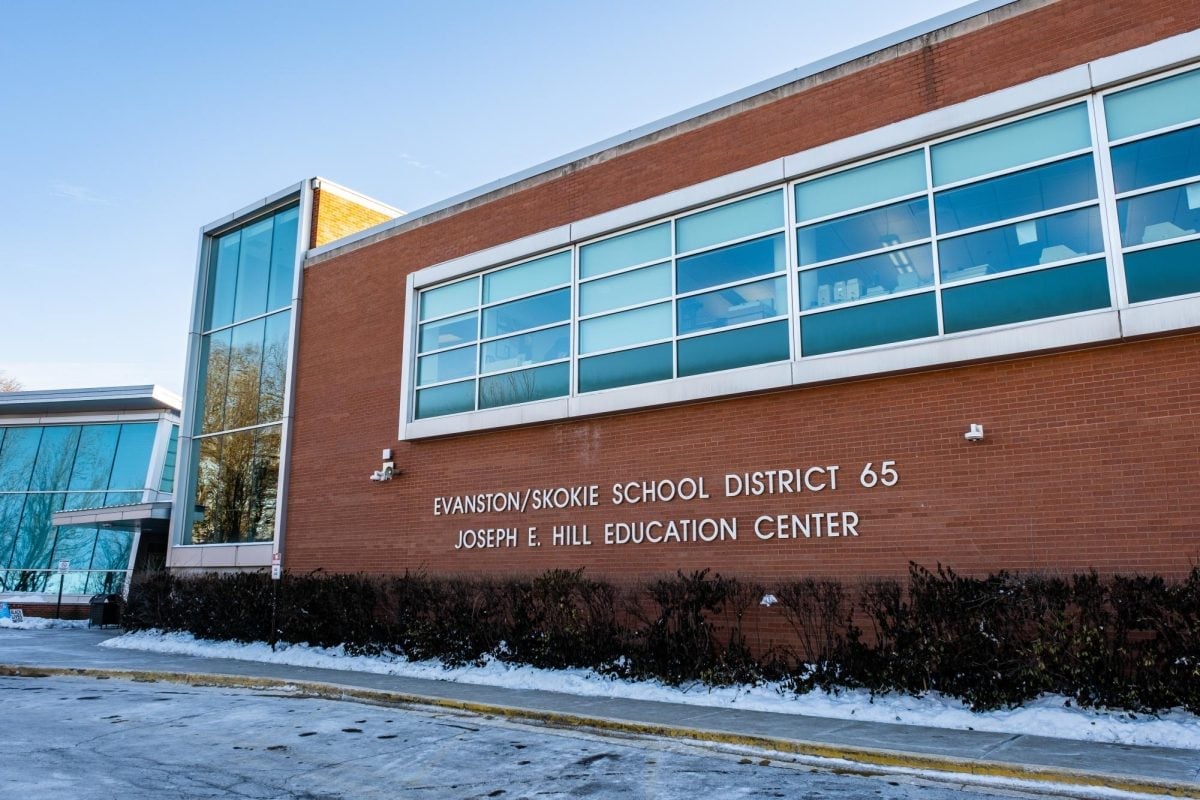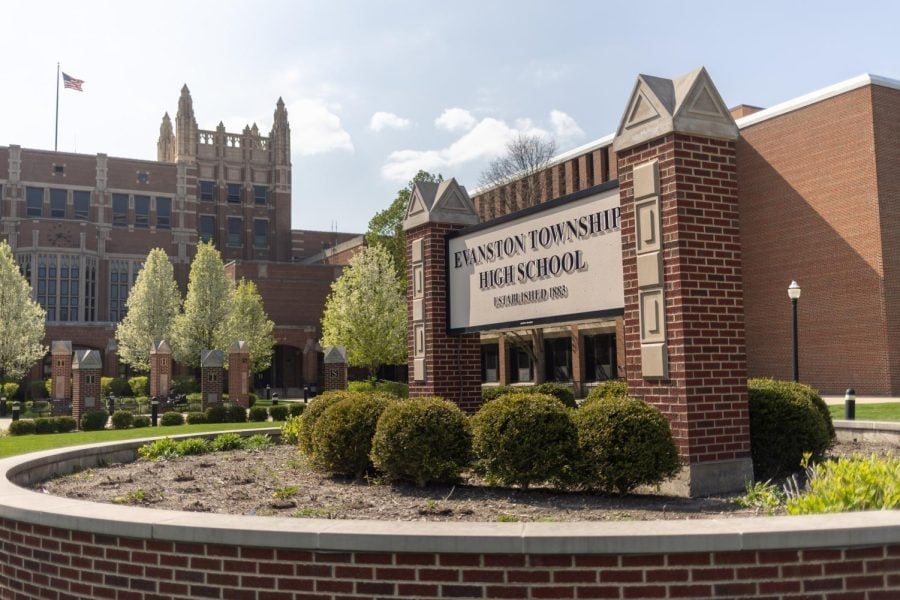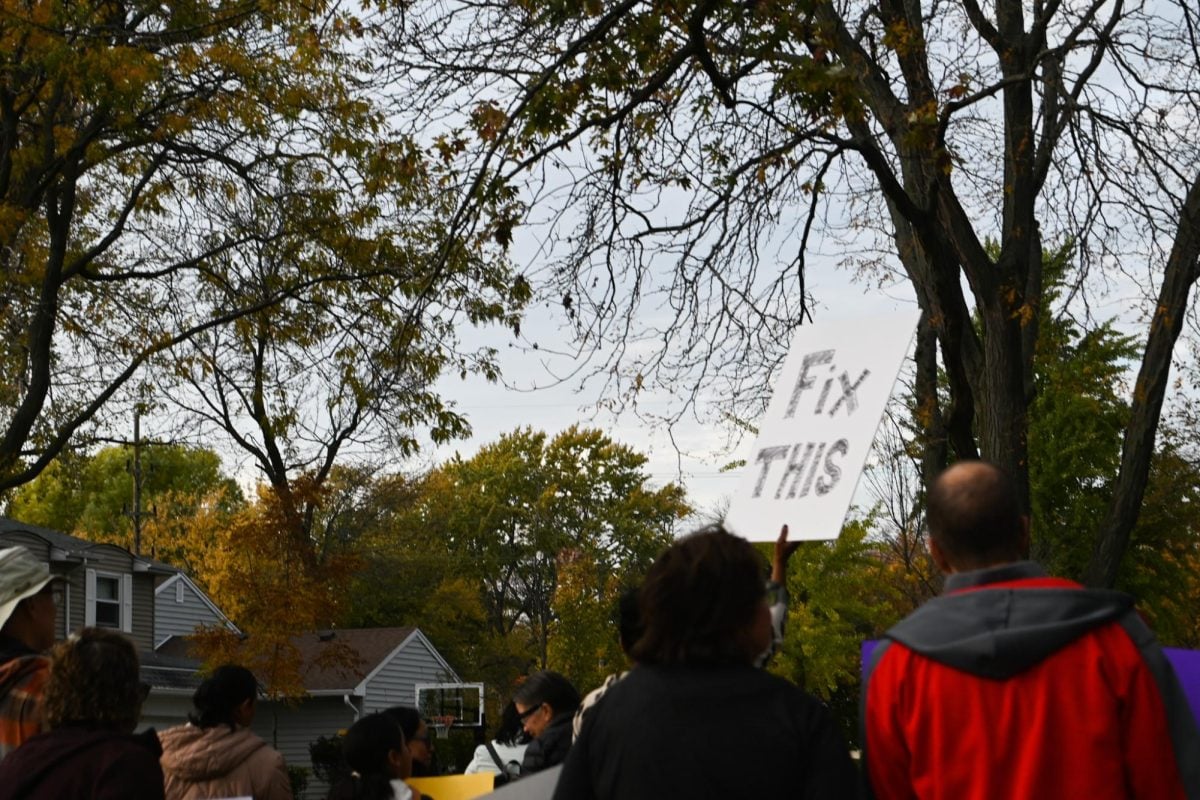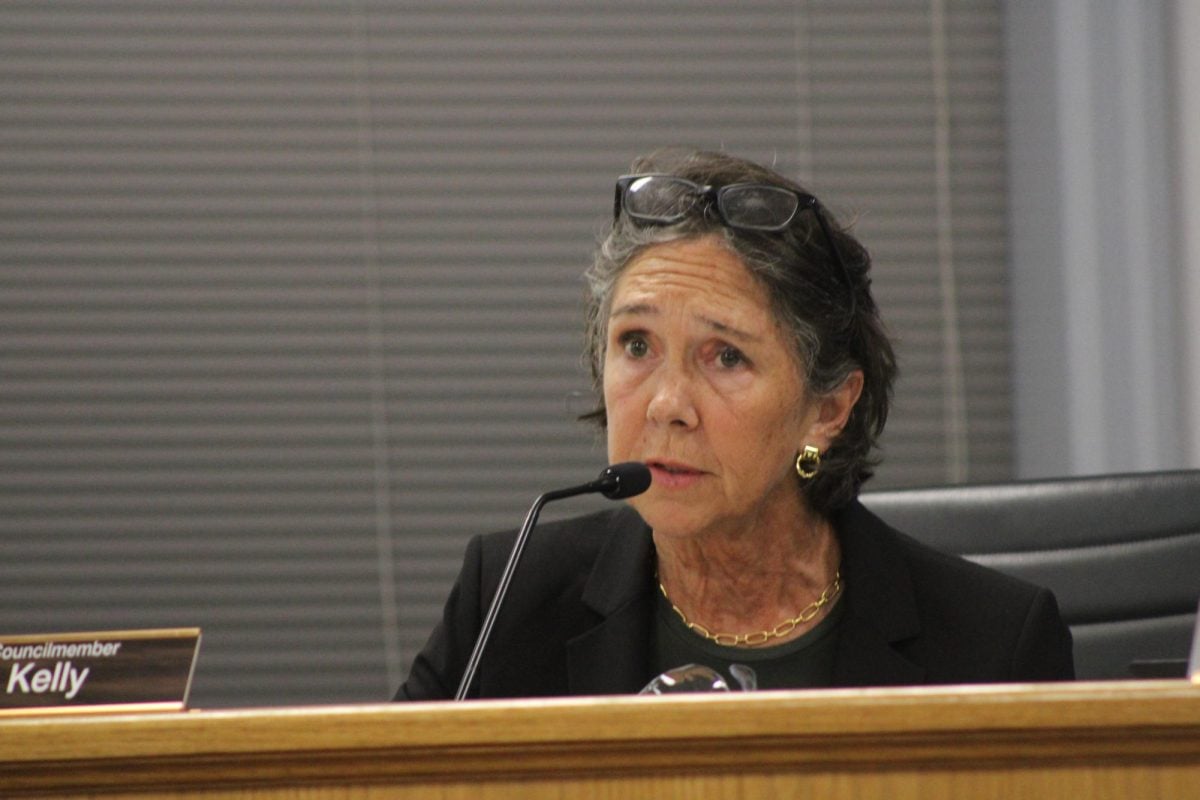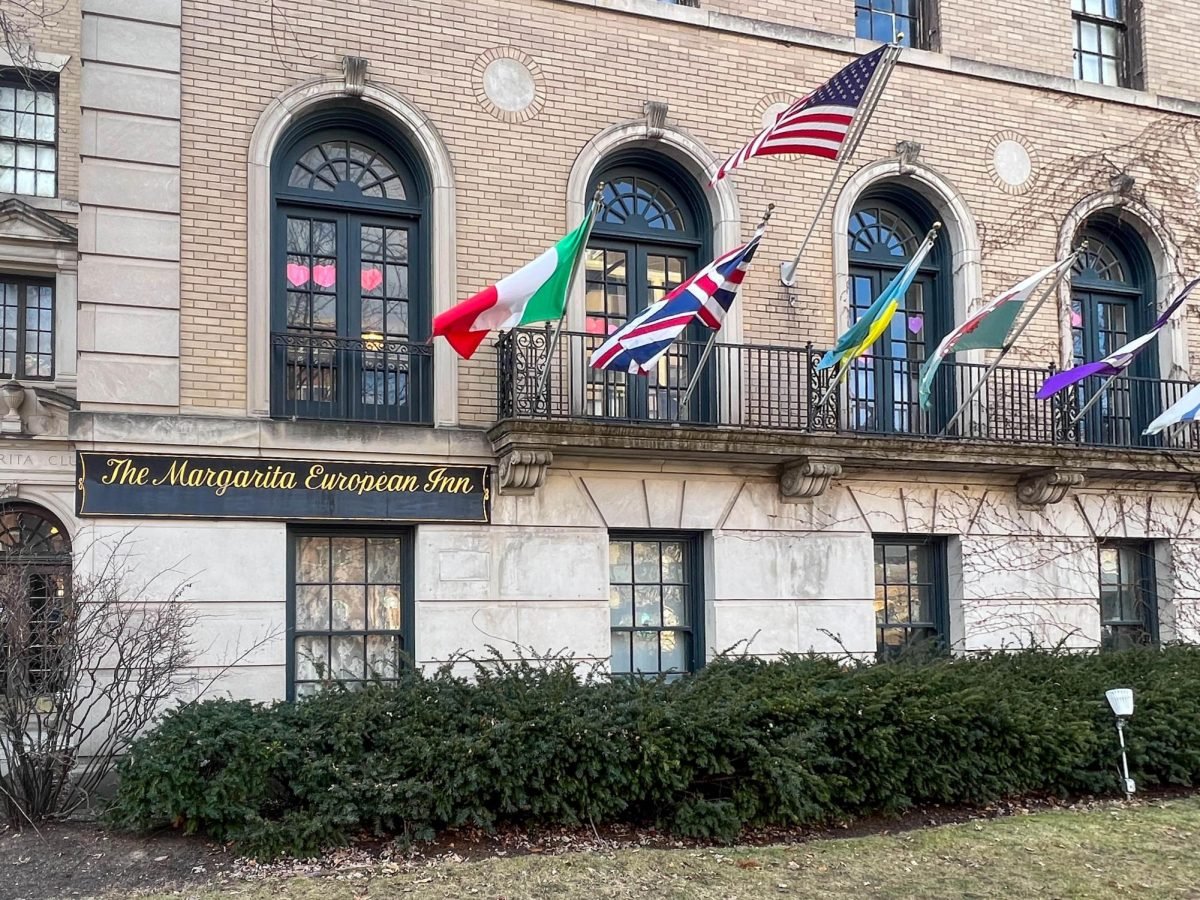One week ago today, more than 350,000 students returned to their classrooms after a seven-day break during the Chicago teachers’ strike, the city’s first in 25 years. While debate raged over teachers’ contracts in Chicago, Evanston educators were mired in similar negotiations but ultimately avoided strike.
Just as the contract negotiations stagnated in Chicago and teachers walked out of their classrooms Sept. 10, Evanston-Skokie District 65 reached an agreement with the local teachers’ union, the District 65 Educators’ Council, after months of negotiations. The compromise ensured that Evanston students would not miss a day of school due to a strike.
DEC engaged in six months of discussion with the District 65 school board, during which debate over teachers’ planning time and budget cuts to arts programs was often contentious. Near the end of August, DEC and the school board reached a tentative agreement, alleviating fears of a possible strike. On Sept. 7, DEC approved the agreement, which the District school board backed on Sept. 10.
The new four-year contract includes salary increases: teachers who are moving up the pay scale will receive a 1.5 percent bonus at the end of the year, and teachers already at the top of the pay scale will receive a 2 percent increase, according to a District 65 news release. The contract also ensures the length of the school day will remain unchanged, clarifies the workload for teachers and grants elementary school teachers more planning time.
Although negotiations were lengthy and at times stressful, DEC President Jean Luft said she is satisfied with the agreement.
“After six months of arguing and many late-night sessions, we are pleased that the new agreement improves working environment and also provides avenues for making future improvements,” she said at the Sept. 10 school board meeting.
Evanston schools operated without interruption as a result of the agreement.
“All understood how important a successful start of school is to our students, parents, and community,” Superintendent Hardy Murphy said at the meeting.
CPS students were not so lucky.
The day before the Evanston teachers’ contract was ratified, the Chicago Teachers Union announced that its 25,000 members would go on strike. The CTU had issued a press release 10 days prior to this announcement, threatening a strike over the contract negotiations that had been ongoing since November 2011.
Factors contributing to the CTU’s decision to strike included teacher evaluations, job security, salary and benefits. CPS teachers expressed concern about a new evaluation system that relied partially on students’ standardized test scores. In addition, the CTU sought a policy that would guarantee new teaching positions to laid-off teachers.
The strike lasted from Sept. 10 until Sept. 18, shutting down Chicago public schools for seven full school days. The CTU agreed Sept. 18 to end the strike, and school resumed Sept. 19.
The end of the strike saw concessions to both sides. The terms include a longer school day, an important goal of Chicago Mayor Rahm Emanuel. The contract will also include teacher evaluations that take student test scores into consideration. However, this evaluation process will be phased in gradually and there will be a method to appeal contested evaluations. The contract also includes a 17 percent raise for the average teacher over four years, with additional pay depending on experience and education. Finally, the contract stipulates that proficient teachers who have been laid-off will be hired to fill at least half of all new positions.
